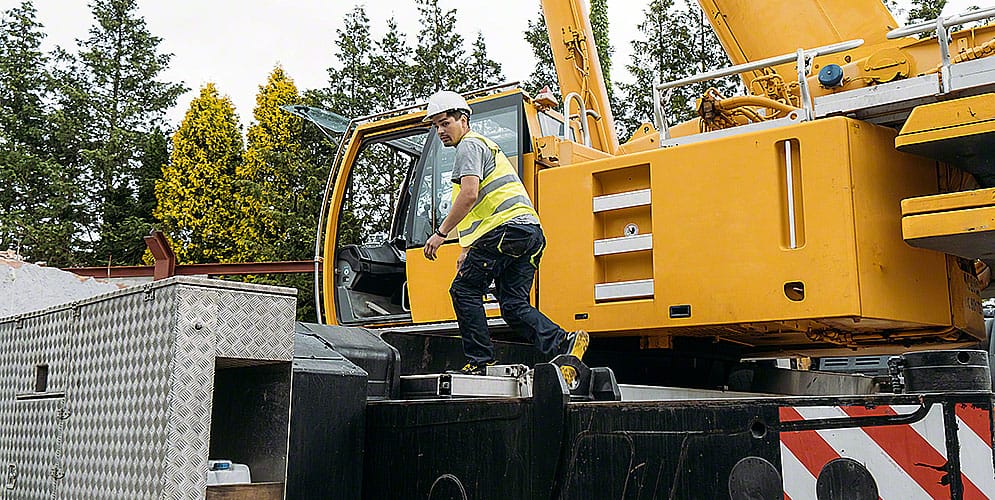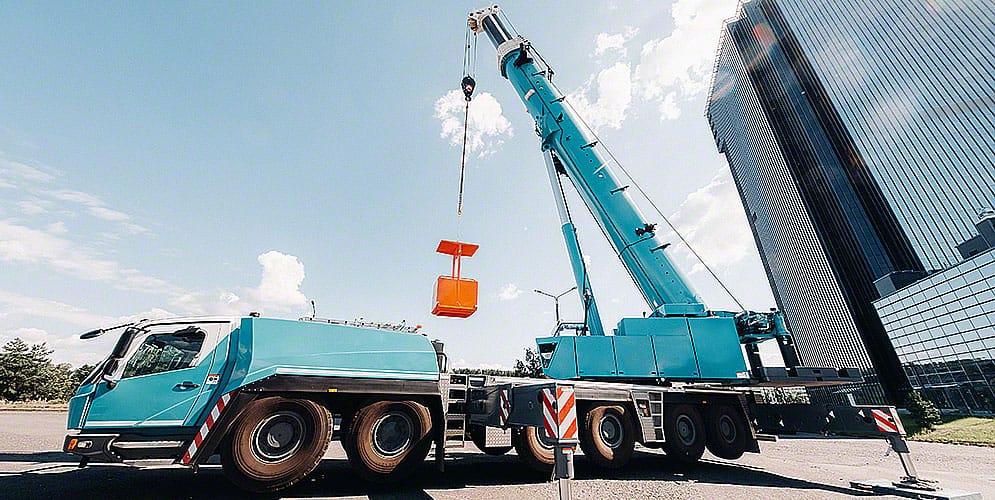Ready mix concrete has become an integral part of the construction industry, offering a host of benefits over traditional on-site mixing. This service involves the production of concrete in a central batching plant, where it is precisely mixed according to specific requirements and then delivered to the construction site by ready mix concrete suppliers. This method ensures consistent quality, saves time, and reduces labor costs, making it an attractive option for both large and small construction projects.
The Basics of Ready Mix Concrete
RMC, is a type of concrete that is manufactured in a batching plant according to a set recipe. This type of concrete is produced by mixing cement, water, sand, and aggregates (such as gravel or crushed stone), along with any necessary additives to achieve the desired properties. The batching plant ensures that the mixture is homogeneous and meets the required specifications before it is transported to the construction site in a rotating drum mounted on a truck.
Advantages of Ready Mix Concrete
- Consistent Quality: One of the main advantages of ready mix concrete is the consistent quality it offers. The mixing process is carefully controlled, ensuring that the concrete meets the specified strength and durability requirements. This consistency is particularly important for large-scale projects where variations in concrete quality can lead to structural issues.
- Time and Labor Efficiency: Ready mix concrete significantly reduces the time and labor required on-site. Traditional on-site mixing requires the laborious process of measuring, mixing, and testing, which can be time-consuming and prone to errors. With RMC, the concrete arrives ready to use, allowing construction teams to focus on pouring and finishing.
- Reduced Material Waste: Since ready mix concrete is produced in precise quantities, there is minimal waste of raw materials. This not only helps in reducing costs but also contributes to environmental sustainability by minimizing the carbon footprint associated with the production of concrete.
- Versatility: Ready mix concrete can be tailored to meet specific project requirements. Different types of admixtures can be added to enhance properties such as setting time, workability, and strength. This versatility makes RMC suitable for a wide range of applications, from residential buildings to large infrastructure projects.
The Process of Producing Ready Mix Concrete
The production of ready mix concrete involves several key steps to ensure that the final product meets the necessary standards and specifications.
- Batching: The process begins with batching, where the ingredients (cement, water, sand, aggregates, and additives) are measured and mixed in precise proportions. This is done using automated batching plants that ensure accuracy and consistency.
- Mixing: Once the ingredients are batched, they are mixed in a central plant to create a uniform and homogenous mixture. The mixing process is critical, as it determines the quality and properties of the final concrete.
- Transporting: After mixing, the concrete is loaded into transit mixers (commonly known as concrete trucks) for transportation to the construction site. The rotating drum on the truck keeps the concrete agitated, preventing it from setting before it reaches its destination.
- Pouring: Upon arrival at the site, the concrete is poured into the required forms or molds. The construction team must ensure that the concrete is placed and compacted correctly to avoid voids and ensure structural integrity.
- Curing: After pouring, the concrete needs to be cured to achieve its full strength and durability. This involves keeping the concrete moist and at an appropriate temperature for a specified period, allowing the chemical reactions to occur and the concrete to harden properly.
Types of Ready Mix Concrete
Ready mix concrete can be classified into several types based on its composition and intended use:
- Standard Ready Mix Concrete: This is the most common type of ready mix concrete delivery Montgomery County, often abbreviated as , used for general construction purposes. It typically consists of a mix of cement, water, sand, and aggregates, with a compressive strength of 20 to 40 MPa.
- High-Strength Concrete: As the name suggests, high-strength concrete has a higher compressive strength (above 40 MPa) and is used in applications that require enhanced durability and load-bearing capacity, such as high-rise buildings and bridges.
- Self-Compacting Concrete: This type of concrete flows easily and can fill complex forms without the need for mechanical vibration. It is particularly useful in situations where access is limited, and traditional compaction methods are challenging.
- Fiber-Reinforced Concrete: Fiber-reinforced concrete contains fibrous materials (such as steel, glass, or synthetic fibers) that enhance its tensile strength and reduce the risk of cracking. It is commonly used in industrial floors, pavements, and structures exposed to dynamic loads.
- Lightweight Concrete: Lightweight concrete is made using lightweight aggregates (such as expanded clay or pumice) and has a lower density than standard concrete. It is used in applications where weight reduction is essential, such as in the construction of high-rise buildings and precast elements.
Applications of Ready Mix Concrete
Ready mix concrete is used in a wide range of construction projects, from residential buildings to large-scale infrastructure developments. Some common applications include:
- Residential Construction: RMC is widely used in residential projects for foundations, driveways, walkways, and patios, and pergolas and gazebos. Its consistent quality and ease of use make it an ideal choice for homeowners and contractors alike.
- Commercial Construction: In commercial construction, ready mix concrete is used for building foundations, floors, walls, and parking structures. Its versatility and strength make it suitable for a variety of commercial applications.
- Infrastructure Projects: Ready mix concrete is essential for infrastructure projects such as highways, bridges, tunnels, and airports. Its durability and ability to withstand heavy loads and harsh environmental conditions make it the material of choice for these critical structures.
- Industrial Construction: In industrial settings, ready mix concrete is used for constructing factories, warehouses, and other large structures. The ability to customize the concrete mix to meet specific requirements ensures that industrial buildings are safe and durable.
Challenges and Considerations
While ready mix concrete offers numerous benefits, there are also some challenges and considerations to keep in mind:
- Transportation Time: The time it takes to transport the concrete from the batching plant to the construction site is crucial. Delays can cause the concrete to begin setting before it is poured, affecting its workability and strength.
- Temperature Control: Concrete must be kept at an appropriate temperature during transport and pouring. Extreme temperatures can affect the setting time and final strength of the concrete, so measures must be taken to control the temperature, especially in hot or cold weather.
- Site Preparation: Proper site preparation is essential for the successful use of ready mix concrete. The forms or molds must be correctly installed, and the area should be free of debris and standing water to ensure that the concrete can be placed and compacted effectively.
- Quality Control: Continuous quality control is necessary to ensure that the concrete meets the specified standards. This includes regular testing of the raw materials, monitoring the batching process, and conducting tests on the finished concrete.
Conclusion
Ready mix concrete services have transformed the construction industry by providing a reliable, efficient, and cost-effective solution for producing high-quality concrete. The benefits of consistent quality, time and labor efficiency, reduced material waste, and versatility make concrete mix delivery Potomac an attractive option for a wide range of construction projects. While there are challenges and considerations to address, the advantages far outweigh the drawbacks, making ready mix concrete an indispensable material in modern construction. As technology and practices continue to evolve, ready mix concrete services will undoubtedly play a vital role in shaping the future of construction.


